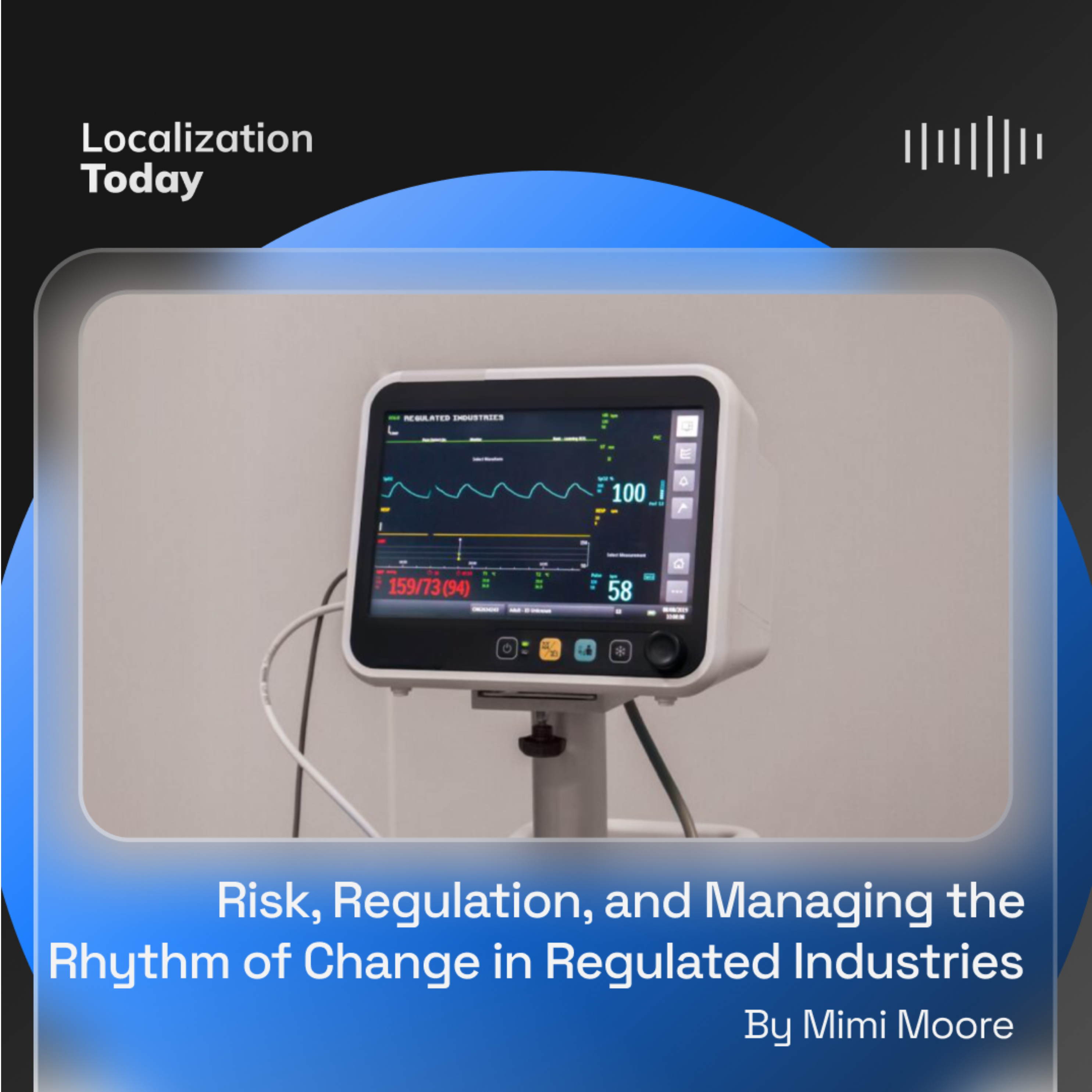Episode Transcript
[00:00:00] The Era of How Experiential AI could Transform Machine Interpreting By Claudio Fontagnoli the progress of speech translation and machine interpreting technologies over the past two decades has been shaped largely by artificial intelligence AI systems trained on massive corpora of human generated data. These systems, drawing on parallel texts, transcribed dialogues, and annotated speech recordings, have reached levels of fluency that allow them to support communication in an increasingly multilingual world. Yet, for all their success, such systems remain bound by the limits of the data on which they are trained. Today's speech translation models, including large scale systems such as Meta's Seamless M4T and Google's Translatotron 2, largely operate within what might be called the era of human data.
[00:00:54] Their outputs are shaped by patterns learned from existing human translations and dialogues. While this has proven effective for many standard communicative contexts, it is insufficient when systems are confronted with linguistic phenomena that lie beyond the scope of existing data, such as emerging dialects, spontaneous colloquialisms, and nuanced rhetorical strategies employed in sensitive diplomatic or legal settings.
[00:01:20] Furthermore, contrary to common assumptions, these systems do not learn merely through use. They lack feedback mechanisms and do not receive reactions to their outputs. In effect, they operate in a vacuum. This limitation is not unique to speech translation as well known computer science professors David Silver and Richard S. Sutton argue in their 2024 book chapter called welcome to the Era of Experience, AI more broadly, is reaching the boundaries of what can be achieved by imitation alone. They suggest that future AI progress will require systems that learn from not only human generated examples but also their own experience, interacting with environments, generating data, and discovering solutions beyond existing human knowledge. The same reasoning applies to speech translation and machine interpreting. An AI interpreter that learns through experience could, for instance, adapt over time to the communicative practices of a particular domain, community, or speaker. Rather than providing static translations, it could adjust its strategies during extended interactions such as multi day conferences, cross border collaborations, or educational settings, continuously refining its performance in response to real world feedback. Such a system would also move beyond optimizing for human judgments of translation quality alone and connect linguistic outputs to consequences in the world, allowing it to reason about and evaluate its actions in context. This could mean learning from signals such as task success rates, audience comprehension, or behavioral responses, moving closer to translations that are not only linguistically accurate but but also pragmatically effective. This paradigm shift would also enable machine interpreters to develop novel reasoning strategies akin to the remarkable reinforcement learning agents used in domains like GO or theorem proving. By engaging directly with communicative environments, machine interpreters could identify more effective ways of bridging linguistic gaps, even in contexts for which no prior data exists.
[00:03:32] Of course, such a vision brings substantial challenges.
[00:03:36] Systems that learn autonomously from experience may be less predictable and harder to audit. Ensuring that these technologies remain aligned with human communicative intentions and cultural expectations will require new forms of oversight, governance, and participatory design. The increased autonomy of these systems will also necessitate robust mechanisms for user feedback, error correction, and ethical accountability. Nonetheless, the move toward experiential learning could also contribute to safer, more resilient systems. AI interpreters that adapt over time to dynamic communicative contexts may be better equipped to avoid harmful misalignments and to respond constructively to user concerns or evolving norms, as many prominent AI researchers have argued. Grounding AI in Real World Experience Experience provides a crucial safeguard against systems that otherwise risk becoming detached from the complexities of human life. So what's next for machine interpreting?
[00:04:36] While the major breakthroughs described above will require fundamental paradigm shifts in AI, smaller yet meaningful steps are possible in the short term. One such step is the development of feedback loops for AI interpreters.
[00:04:51] Imagine an AI agent capable of receiving feedback from users, recognizing when it is failing to understand, alerting users to these issues, and adjusting its translations and strategies in real time based on a range of signals. This is more a matter of product design than fundamental AI research, and such implementations are within reach.
[00:05:13] While this is not equivalent to systems that learn from experience, by design it represents progress toward improving quality and reliability.
[00:05:22] In sum, while today's speech translation systems remain firmly rooted in the era of human data, the future, quite distant for now, likely lies in experiential AI. Realizing this potential will require advances in not only technology but also frameworks for evaluating, guiding, and integrating these systems into human communication.
[00:05:45] As we move toward this next phase, the speech translation community has an opportunity and a responsibility to help shape an AI that both extends and respects the intricate work of human interpreting.
[00:05:59] This article was written by Claudio Fontignuoli. He is an executive level manager, innovator, and researcher specializing in digital transformation and speech technologies. He is an associate professor of interpreting studies and language technology at Mainz University and the founder of Interpret Bank, a computer assisted interpreting tool.


